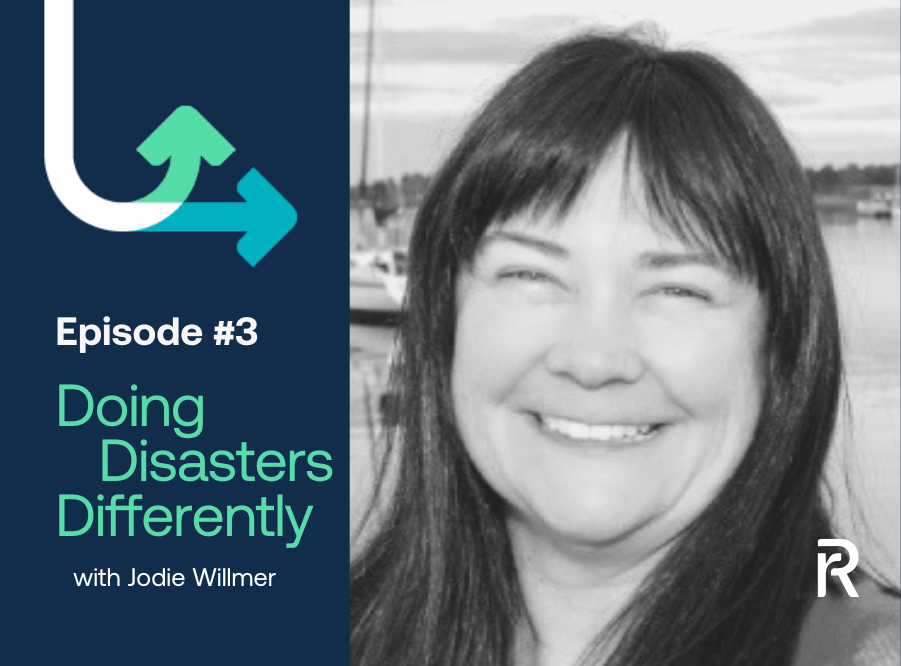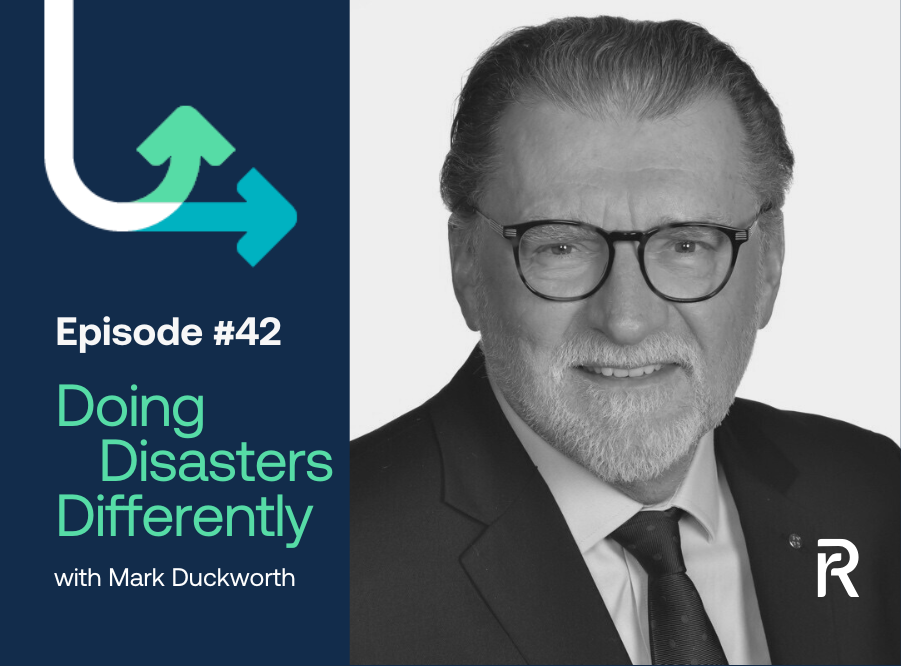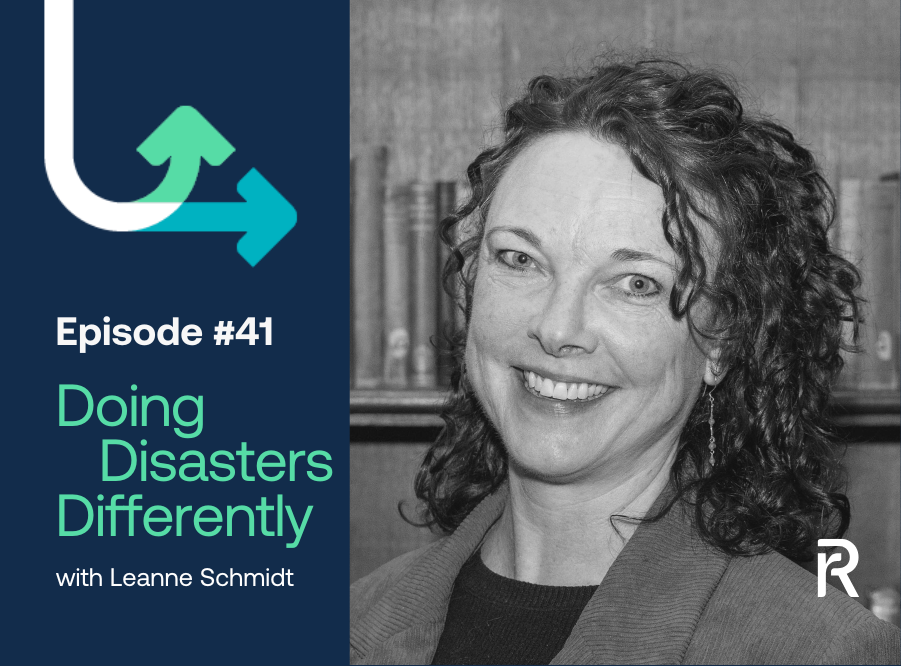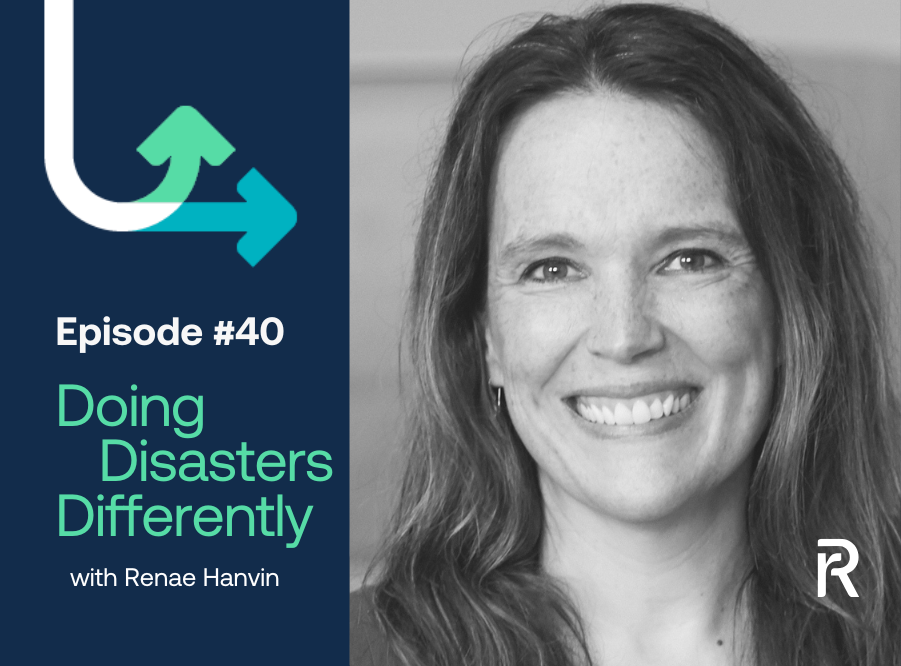
Podcast / Episode #3
#3: Local recovery & resilience needs local capabilities in governance
By renae hanvin
Aug 3 2020
This episode
In this episode, Renae is talking with Jodie Willmer – founder of Happy Changemakers.
The content in this episode is super important as greater governance capabilities within communities is an area that would really benefit from more focus and consideration. Jodie and Renae talk about many areas where local-led governance capabilities can greatly assist community-led recovery and resilience building.
“Jodie is seriously one of the loveliest people I’ve ever met and I really enjoyed connecting with Jodie for the first time in person during an early 2020 visit to East Gippsland.”
key moments from the conversation
Jodie and her partner Robert founded Happy Changemakers to support business owners and leaders who want to create positive change, make a difference and leave their mark on the world.
For over 20 years, Jodie has worked in leadership & governance roles for and with not-for-profits and social enterprises. In the last few years this has expanded to include for-profit businesses with a purpose, including an increasing number of small businesses who want to create positive change.
In 2018, Jodie and Rob did a “tree, sea, lake, mountain” change and moved to beautiful East Gippsland, Victoria. Most recently, Happy Changemakers has been working with bushfire impacted small businesses and community led groups on recovery and resilience strategies
Some “fun-facts” about Jodie – she worked as a German speaking tour guide in the Uluru-Kata- Tjuta National Park, chaired her first governance board when she was in her early 30s and hosted a radio travel show on community station JOY Melbourne for 16 years.
We met virtually as we’re both part of the XFactor Collective – a group of social impact specialists then we met in person when I visited East Gippsland after the 2020 bushfires.
1. You and wonderful Rob from Happy Changemakers have been so active in your local community of East Gippsland. When it comes to governance what have you noticed?
Well, I think that the first thing that we noticed during the bushfires was that people just made things happen. Obviously there were updates of information through the official channels with the emergency app and various other official sources,but we saw so many people with amazing skills, local knowledge, networks, relationships just make amazing things happen.
Often that worked to a point, but I think what was apparent to us is that a lot of small business owners might be involved in lots of other things. So, if we think about especially small communities in our region, people can often be wearing multiple hats and during a disaster.
And then part of the recovery process is the struggle to juggle all those different roles. I think where the difficulties emerge is when people may or may not have some basic fundamentals in the accountability and decision making that’s needed.
When you’re thinking about things on a bigger scale, when it’s beyond just your community group or your patch, how do you work together effectively with a whole bunch of people often in a complex changing environment with government agencies where sometimes there’s a lot of lack of clarity about who’s who in the zoo.
And so I think, some of the essential skills in governance can help people navigate that, but also to enable them to really make effective decisions and represent their community.
2. Can you explain local led recovery and what does that mean to communities and small businesses within those communities?
The initial work we were doing through Aerium we engaged with Small Business Victoria was sort of business recovery advisory work with individual businesses – helping them navigate grants and helping them connect with support. So we weren’t really working in that capacity and sort of community led recovery.
But I guess now we’re working with organisations and informal structures, groups of people who’ve come together to say we need to do something whether it’s planning a future event or whether they’ve been formally part of a community recovery committee or some type of formal structure.
3. Will building local capabilities in governance within communities help in building resilience?
From what we’re seeing the communities going through recovery are building or wanting to prepare for the next disaster?
There’s lots of room and opportunity to build more resilience for longer term sustainability.
I think one of the risk issues that we’re facing at the moment in Australia, particularly in rural and regional areas, about aging volunteers and many people who have been the sort of pivotal leaders in communities who often play multiple roles – sometimes people are just tired and they don’t want to do it anymore. And that’s okay.
We have to allow people to have choices and feel like if they choose to do something different, everything’s not going to fall in a heap. So we have to build in succession planning as part of building resilience.
And that means equipping people with the skills to have those conversations and also having people in the wings and distributing the workload and the knowledge and making it inclusive so that other people can bring their stills to the table and their knowledge and shine.
4. Who in communities should be the focus for building governance capabilities?
Well, I think actually identifying all those different groups of organisations to start with is one of the keys. I think local government has a particularly strong opportunity and role to play in building resilience and also building this governance capability because local government, you know, is responsible for the emergency management, you know, for many of the elements of it, obviously there’s state and federal responsibilities too. But I think there’s an opportunity to sort of, cross-pollinate so to speak from the economic development part of councils and their emergency management. And also the community services sector, because there are often siloed programs that are being run.
5. Where in the funding structure does local capability building around governance sit?
Well, it’s an interesting issue because when I look at a lot of grants that are available now for disaster recovery and resilience and mental health and community capacity building, all these different sorts of subjects, they’re often spread out with philanthropic trusts and foundations.
I think this comes to the heart again about skill development.
There’s lots of funding opportunities out there. What is the challenge for particularly volunteer groups is actually firstly knowing about all those opportunities and secondly writing applications. And then administering the grant and then acquitting the grant.
There’s almost too much governance around the grant side of it to enable grants to support the building of capabilities in governance.
With my final question always…
Wow. I could only have two things?
1. I would love to see a structured, coordinated, capacity building process and activities that help build the skills and capabilities of communities and small businesses to lead local recovery. And that is the skills that we’ve talked about today – stakeholder engagement, decision-making, you know, dealing with conflicts of interest, effective advocacy, good planning, using online tools.
2. The second thing would be development in some of the agencies who are involved. That’s all sectors of government, levels of government and players in the space, Because I think some of the people who are in their roles could benefit from also seeing it from a different perspective.
I think that would be a great result. Skill development for communities and small businesses and skill development in the agencies and other involved organisations around governance could really help improve the communication, but really importantly help people think strategically and not burn out.
Get more done that will deliver better outcomes for the community.
Connect with Jodie Willmer



